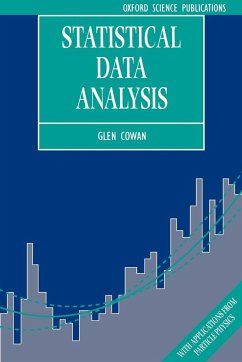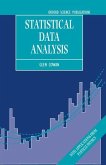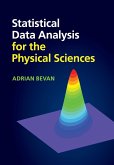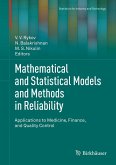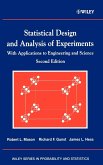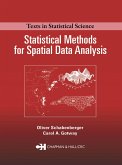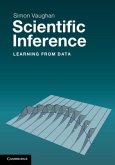This book is a guide to the practical application of statistics to data analysis in the physical sciences. It is primarily addressed at students and professionals who need to draw quantitative conclusions from experimental data. Although most of the examples are taken from particle physics, the material is presented in a sufficiently general way as to be useful to people from most branches of the physical sciences. The first part of the book describes the basic tools of data analysis: concepts of probability and random variables, Monte Carlo techniques, statistical tests, and methods of parameter estimation. The last three chapters then develop more advanced statistical ideas, focusing on interval estimation, characteristic functions, and correcting distributions for the effects of measurement errors (unfolding).
Hinweis: Dieser Artikel kann nur an eine deutsche Lieferadresse ausgeliefert werden.
Hinweis: Dieser Artikel kann nur an eine deutsche Lieferadresse ausgeliefert werden.

